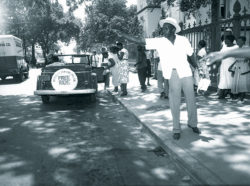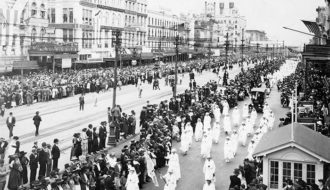
8.11 d. World War I
During World War I, the federal government expanded its power and reach, while social and cultural movements transformed the world in which most Americans, including Louisianans, lived.

During World War I, the federal government expanded its power and reach, while social and cultural movements transformed the world in which most Americans, including Louisianans, lived.
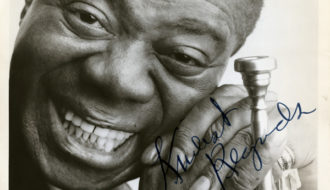
New Orleans–born musician Louis Armstrong helped introduce jazz to global audiences.

While the oil and gas industry has helped grow Louisiana’s economy, it has also created significant environmental challenges.
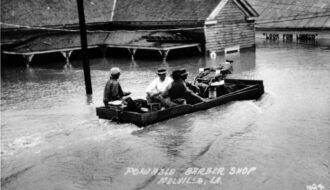
The Great Flood of 1927 inundated more than ten thousand square miles across twenty Louisiana parishes and left tens of thousands of Louisianans without shelter.
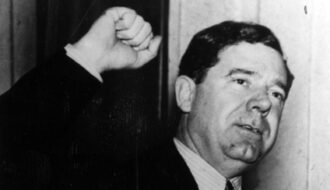
The term “Longism” refers to both the political machine and the radical populist doctrine established by Huey P. Long Jr. from the time he was elected governor in 1928 until about 1960.
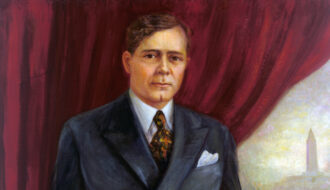
Huey Long rose from ordinary beginnings in Winn Parish to become Louisiana’s most famous politician.
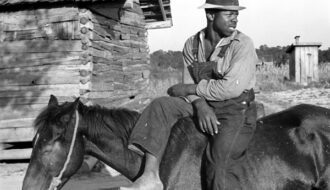
During the Great Depression farm prices in Louisiana reached unheard-of lows and deepened rural poverty.

The Federal Art Project and Federal Writers Project helped employ out-of-work artists and writers during the Great Depression.
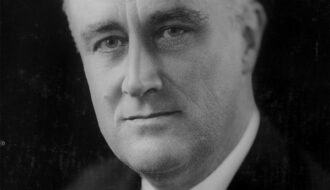
The effectiveness of President Franklin D. Roosevelt’s New Deal program in Louisiana was undercut by conflict with US Senator Huey P. Long.
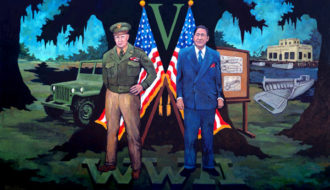
The Second World War allowed for economic growth and increased opportunities for women and African Americans in Louisiana.
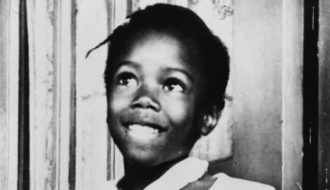
Ruby Bridges, along with Leona Tate, Gail Etienne, and Tessie Prevost, was one of the first Black students to desegregate an all-white public school in New Orleans.
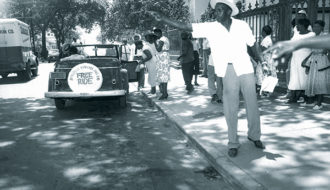
The Baton Rouge Bus Boycott of June 1953 lasted eight days and became a model for organizers of the 1955 Montgomery Bus Boycott.
One-Year Subscription (4 issues) : $25.00
Two-Year Subscription (8 issues) : $40.00
